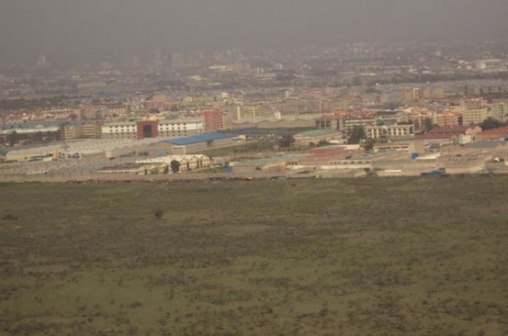
NAIROBI: In a country where tourism is the leading foreign exchange earner, it was reckless to show images of a ranger killing a lion. It does not matter if the lion had escaped from its home or not. A social media image showing our court of arms with two dead lions was really funny.
Musician Roger Whitaker was perhaps right when he pointed out in his song, Make way for man, that the most destructive creature is man and cannot be trusted to keep animals safe. We have desecrated the home of Simba and other wild animals through development - buildings roads, houses and railways.